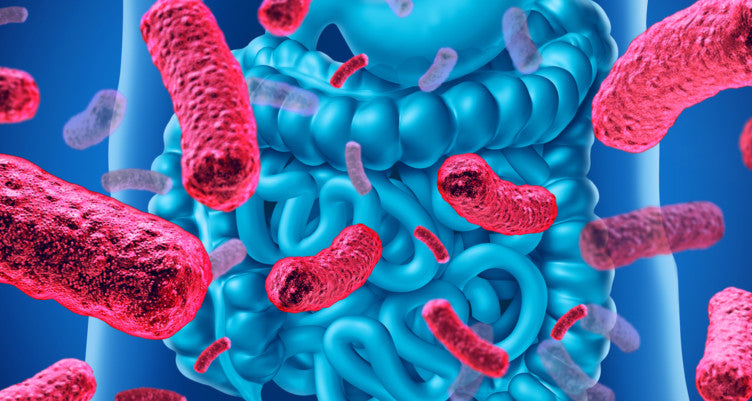
Probiotics vs Prebiotics: What's the Difference and Why They Matter?
Share
Understanding Probiotics and Prebiotics
When it comes to gut health, two terms you’ll frequently encounter are probiotics and prebiotics. While they are both essential for maintaining a healthy gut microbiome, they serve different functions. This blog will explain the difference between probiotics and prebiotics and why they both matter for your overall health.
What Are Probiotics?
Probiotics are live microorganisms that provide health benefits when consumed in adequate amounts. These beneficial bacteria help restore the balance of good bacteria in the gut, improving digestion and supporting the immune system.
- Sources of Probiotics: You can find probiotics in fermented foods like yogurt, kefir, kimchi, sauerkraut, and miso. Probiotic supplements are also available to help replenish beneficial bacteria in the gut.
What Are Prebiotics?
Prebiotics are types of dietary fiber that feed the beneficial bacteria in your gut. They are non-digestible and help support the growth and activity of these good bacteria, promoting a healthy balance of microbes in the gut.
- Sources of Prebiotics: Prebiotics can be found in foods like garlic, onions, asparagus, bananas, and whole grains. Prebiotic supplements are also available, although it's always best to get them from whole foods.
Why Both Matter for Gut Health
Both probiotics and prebiotics are essential for maintaining a healthy gut microbiome:
- Probiotics: They help introduce and maintain beneficial bacteria in the gut, improving digestion, immune function, and even mood.
- Prebiotics: They nourish and support the growth of the beneficial bacteria already present in the gut, helping them thrive and maintain balance.
How to Incorporate Both into Your Diet
To support your gut health, it’s important to consume both probiotics and prebiotics regularly:
- Probiotic Foods: Include fermented foods like yogurt, kefir, and kimchi in your diet to boost beneficial bacteria.
- Prebiotic Foods: Incorporate fiber-rich foods like garlic, onions, and bananas to nourish the good bacteria in your gut.
Conclusion: Balance Is Key
For optimal gut health, you need both probiotics and prebiotics. Probiotics introduce beneficial bacteria, while prebiotics nourish and support their growth. By including both in your diet, you can promote a healthy gut microbiome and enjoy the many benefits of good digestive health, immunity, and mental well-being.

